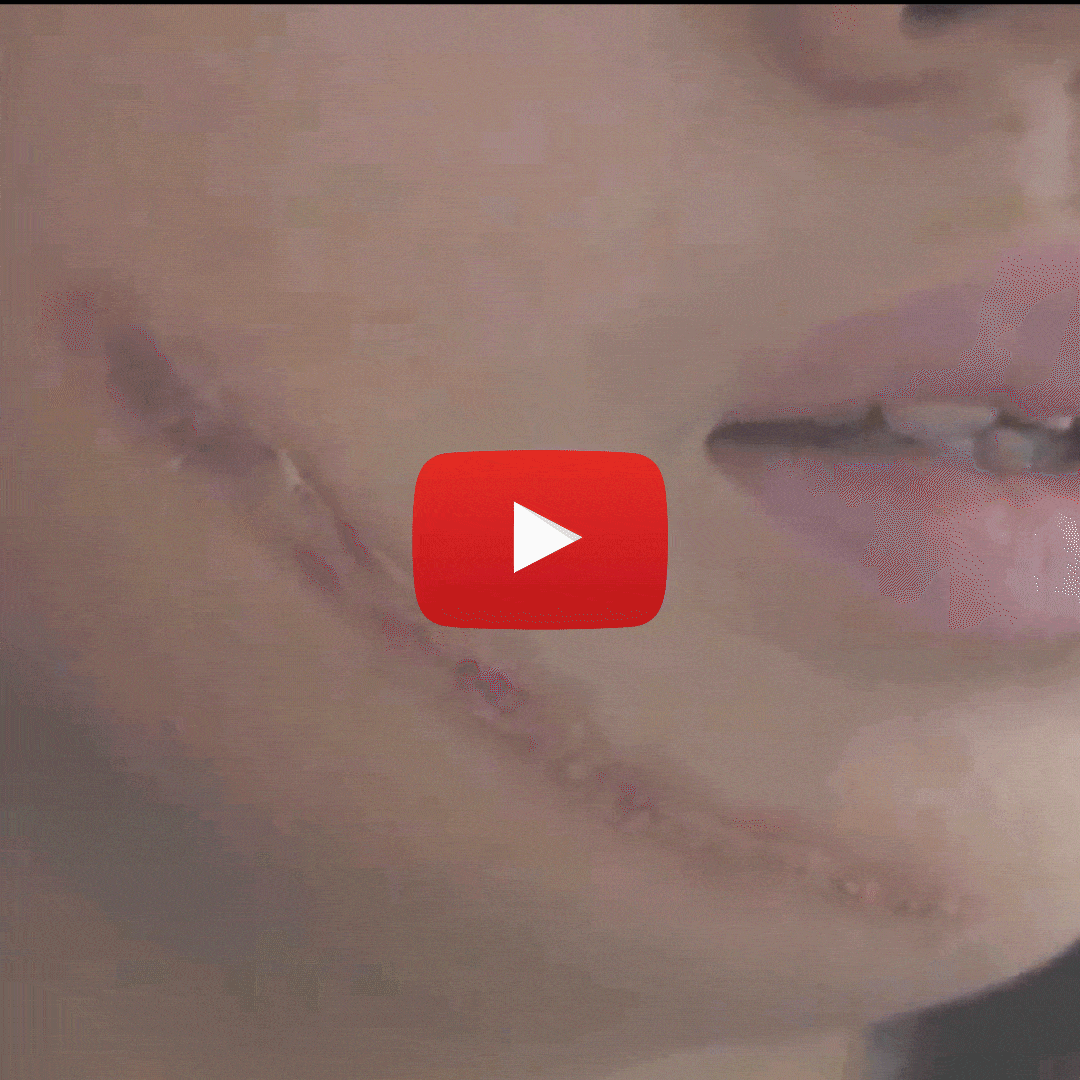Good news, folks!
The Ministry of Finance (MOF) announced on 4 October that 940,000 households residing in Housing and Development Board (HDB) flats will be receiving the next instalment of the GST Voucher U-Save rebate this month.
Our third instalment this year is here, it’s the last voucher payout of FY2020.
What Is GST Voucher U-Save Rebate?
The permanent GST Voucher scheme was first introduced in 2012 to help lower to middle-income households offset part of their utility bill and lower their household expenses.
Remember how we receive fried chicken or pizza delivery vouchers in our mailboxes? We get one time off discounts for each coupon we present and have to pay normal prices when we don’t have those vouchers.
Think of the rebate vouchers the same way, except that they are here to discount our household bills.
The voucher includes three components of – Cash, MediSave and U-Save. The U-Save rebates are distributed to households every 3 months.
It is a rebate that is part of the overall GST Voucher that ranges between $480 to $1000 this FY2020.

Voucher amounts are allocated to each household based on the size of their HDBs.
The government will disburse a total of SGD 630 million of U-Save rebates this financial year.
Voucher Usage
This couldn’t have come at a better time since electricity tariffs have been set to increase by 9% and gas prices to rise by 5% in the next 3 months.
As we scramble to save money and use less electricity, the government has already planned for the voucher to roll out as we settle into the tariff increase
U-Save vouchers can be utilised to offset electric bills and gas payment and alleviate some financial stress on lower-income families.
Care And Support Package
Additional rebates are part of the government’s Care and Support Package as announce in the 2020 Budget.
The Care and Support Package was introduced to help households tackle expenses during this “period of uncertainty” as announced by Deputy Prime Minister Heng Swee Keat.
The one-time payouts that you might have received ranging from $100 to $300 come out of the package. Parents and children are included in the package scheme that pays extra for parents with children. This helps to cover daily essential household needs to better care for households.
What If I Do Not Live In A HDB?
Households who do not live in HDBs would have received $100 in Solidarity Utilities Credit for their July or August utility bill.
To make this easier to understand, the reasoning behind this exclusivity is the government would need to set aside more funds to support lower-income families that do not have the capability to adapt to the increase too quickly.
A boyfriend appears to break up with his girlfriend after she has a scar on her face. But it turns out to be something else—watch their story to the end because it’s definitely related to you, whoever you are:





